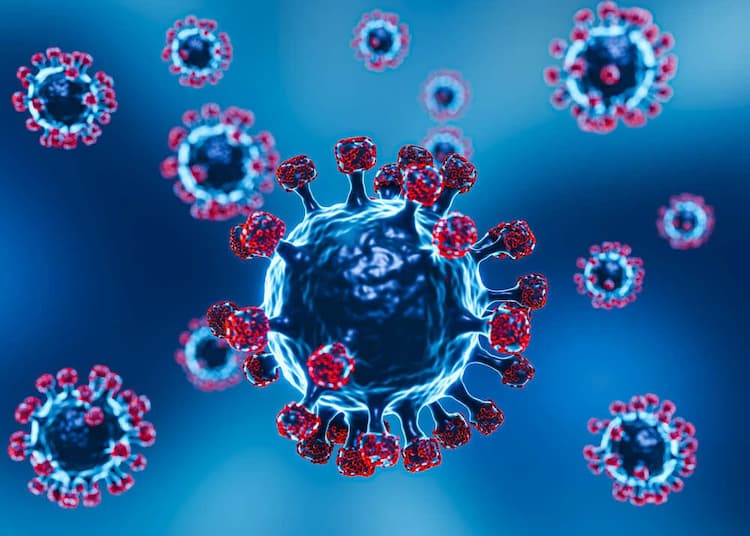Omicron Out Spacing Delta Variant

Medically Reviewed By
Dr Divya Rohra
Written By Komal Daryani
on May 9, 2022
Last Edit Made By Komal Daryani
on Jan 8, 2025

After hitting S. Africa, the omicron variant has now made its way across the world, including India, through international air travel in the same way as the Delta variant did. It is the third variant after alpha, and delta variant. This time South Africa was the targeted country of this variant and it reported its first case of omicron emergence. Recently, European countries have been plagued by the rapid spread of omicron.
As new variant of coronavirus has started knocking on our doors, like the delta variant, the same scenario is repeating just like a dream in front of us. But the experts all around us are convinced of its mild nature since it is not elevating and mortality isn’t like the delta variant, which was just like a nightmare for the whole nation. There have been no such reports found yet. People affected by omicron haven’t been admitted to hospital, neither non-vaccinated nor vaccinated people. This seems to be a silver lining in a negative situation. And as ever, WHO and authorities are advising people not to travel due to the scary surge of Omicron cases.
So, apart from masking and social distancing, staying at home once again has become a preventive measure to limit or stop the possible spread of the omicron variant. According to recent clinical data, it is found that the new variant is not as serious as the delta variant of coronavirus; it is less pathogenic but more infectious. It seems that omicron is replacing the Delta variant, which would be a positive side of the pandemic. But the close analysis and monitoring of omicrons is continued worldwide by scientists.
The initial reports suggested that the omicron variant doesn't have any boundaries, so it is highly transmissible like other variants, and it can easily elude vaccine response, so it also won't spare the vaccinated individuals. South Africa has taken quick action in alerting the world about the omicron variant coming.
However, more clinical data is needed to know the severity of omicron virus infection, and it would take more time to research and analyze. But early data indicates that the omicron variant is not as bad as previous strains (delta and alpha).
According to Dr. Angelique Coetzee, a South African doctor who first informed the authorities about the omicron strain, has said that the symptoms associated with omicron are very milder compared to previous variants of COVID-19.
According to the scientists from the U.K, a lower likelihood of hospitalization is found in the omicron variant infected people in comparison to previous strain infections. As a result, it is now found to be less severe and necessitates less hospitalization. And it also takes less time to show symptoms than the previous variants.
Some signs and symptoms of the omicron variant are body aches, headaches, sore throats, sneezing, runny nose, and fatigue just like the common flu or cold, but without severely blocked noses and no loss of taste and smell like the delta variant.
So, while the omicron strain does not appear to be a major concern like the delta variant, we must remain vigilant and, aside from vaccination, our previous priorities, such as frequent hand washing, social distancing, and mask use, should be maintained. That way, we can break the chain of transmission successfully, whatever variant comes in the future, because in this century we are dealing with a highly mutant form of virus.
Disclaimer:
The blog content has been posted as a piece of information and awareness only. The content provided in this blog, or in any linked materials, are not proposed and should not be taken as medical advice. Redcliffe Labs strongly recommends users to consult with their health care providers to make any medical or health-related decision.



